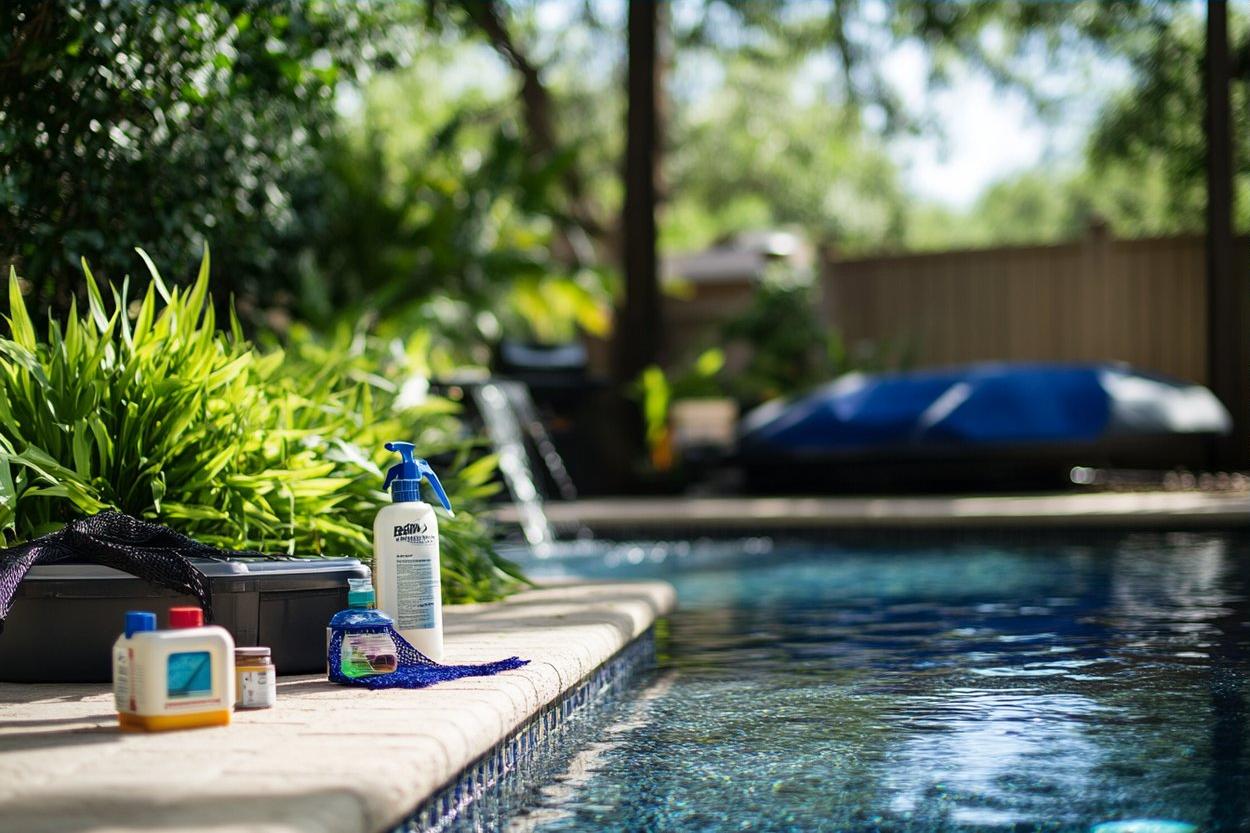Pool Repair Guide for Homeowners
A damaged pool can quickly affect safety, aesthetics, and the usability of your backyard. This guide explains common issues with pools, how to identify them, and practical steps for repair and maintenance. It is written for homeowners who want clear, reliable information about pool repairs and how they relate to home systems and local services.

What signs show a pool needs repair?
Look for visible changes such as cracks in the shell, plaster deterioration, persistent cloudy water, or recurring leaks. Other warning signs include sudden drops in water level that are not explained by evaporation, tile or coping separation, and pool finishes that flake or stain. Electrical issues such as tripped breakers tied to pool equipment or inconsistent pump behavior can also indicate problems needing professional diagnosis. Early detection helps limit the scope of repairs and can reduce long-term costs.
What common issues affect a swimming pool?
Swimming pool problems often fall into structural, mechanical, and water-quality categories. Structural problems include cracks, shifting concrete, and failing vinyl liners. Mechanical issues cover pumps, filters, heaters, and automatic chlorinators that wear out or malfunction. Water quality problems—algae growth, imbalanced chemistry, or persistent cloudiness—can signal filtration or circulation inadequacies. Each type of issue requires a different approach: structural repairs may need a contractor, mechanical faults often need a certified technician, and water problems are typically resolved with proper testing and chemical treatment.
How do backyard conditions affect repairs?
Backyard factors such as soil type, drainage, tree roots, and landscaping can influence both the cause of pool damage and the repair strategy. Expansive clay soils or poor drainage can shift pool shells and cause cracks. Nearby tree roots can damage plumbing and pool finishes. Access restrictions in tight yards may increase labor time and require specialized equipment for repairs. Planning repairs should include assessing the surrounding yard so that contractors can address root causes and recommend adjustments to landscaping or drainage to prevent recurring issues.
How do home systems relate to pool repairs?
Pool function depends on several home systems: electrical supply for pumps and heaters, plumbing that connects to home filtration or backwash systems, and sometimes gas lines for heaters. Faulty wiring, insufficient circuit capacity, or corroded house plumbing can complicate pool repairs and introduce safety risks. When diagnosing pool issues, ensure a licensed electrician or plumber evaluates any home-system ties to the pool. Coordinating between pool technicians and home-service professionals helps ensure safe, code-compliant repairs and can prevent repeat failures.
When should you call local services for pool repairs?
Call local services when the issue is beyond basic maintenance—such as structural cracks, complex leaks, electrical faults, or equipment replacement. Choose service providers who are licensed, insured, and experienced with the type of pool you own (concrete, fiberglass, or vinyl-lined). For warranty-covered components, check manufacturer requirements before hiring a third party. Local technicians can also advise on seasonal needs, regulatory considerations, and manufacturer-approved parts that match your pool’s existing systems.
How to maintain your pool after repairs
After completing repairs, set a routine maintenance schedule to protect your investment. Regular tasks include weekly skimming and vacuuming, consistent chemical testing and adjustment, scheduled filter cleaning or replacement, and visual inspections of coping, tile, and equipment. Keep records of repairs, parts, and service providers to help troubleshoot future issues and to preserve home-value documentation. Seasonal checks—such as pre-winterizing and spring start-up—are especially important in climates with temperature extremes to prevent freeze damage or algae blooms.
Conclusion
Pool repair encompasses a range of issues from visible structural damage to subtle equipment or water-quality problems. Understanding common signs, how backyard and home systems affect pool health, and when to involve licensed local services can help homeowners manage repairs effectively. Consistent post-repair maintenance reduces the chance of recurrence and helps ensure a safe, functional swimming area in your backyard.






